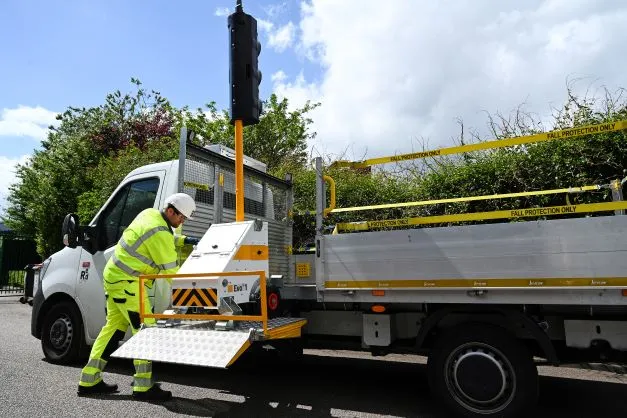Swarco Parking & eMobility UK (formerly APT Controls Group) has re-located its head office to new premises in Hemel Hempstead to better meet the increasing business demands of Swarco’s companies and brands, which include APT Skidata, Evolt, Veri-park and APT Security Systems.
The new head office establishes a London base for the company, providing more space for its growing technical and customer care departments and more space for holding stock which will reduce customer order lead time.
The move fol
October 4, 2016
Read time: 1 min
The new head office establishes a London base for the company, providing more space for its growing technical and customer care departments and more space for holding stock which will reduce customer order lead time.
The move follows the re-branding of the APT Controls Group to Swarco Parking & eMobility UK, which is now established as Swarco Group’s second UK division alongside traffic management business Swarco Traffic.









